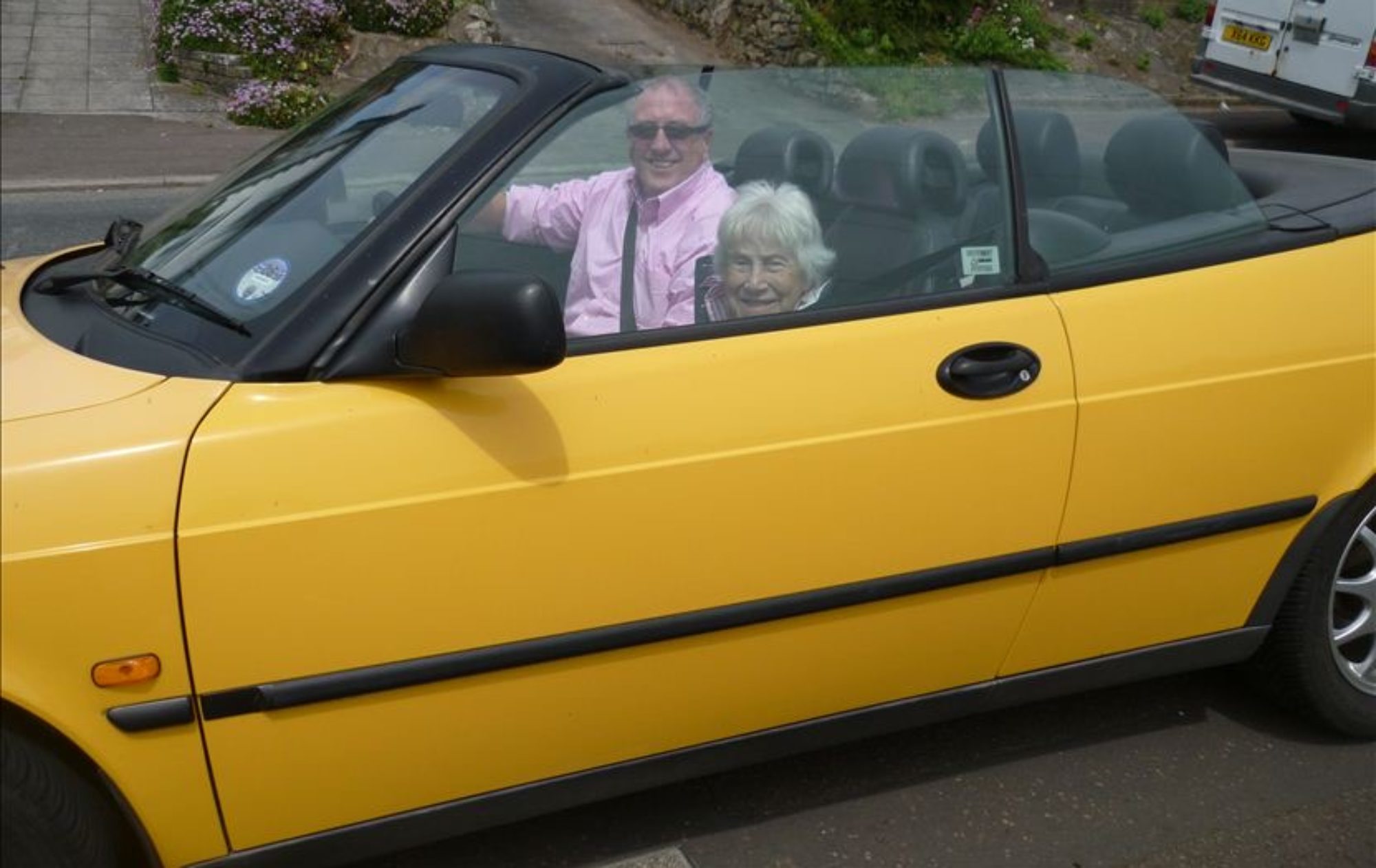We came to sing
We came to Blokefest to sing, we came to sing, and to regress some, together, towards a more elemental state. We came to discover deep resonances, to seek echo chambers in parts of our selves beyond our chests and throats, to feel vibrations inside cavities and chambers that we barely knew existed. We came to discover those resonances, not alone but among fellow men reaching for the same, not in ones and twos, but in our tens, in our hundreds. Rare indeed is it to feel a part of such a magnificent manly amplifier.
We came to sing the old songs, the familiar and the comfortable, where we look each other in the eye with soft recognition as the notes fall into place just where they should, where we hardly need conducting.And we came to be led in the learning of new songs, to marvel, sometimes to be overwhelmed by the sheer musical inventiveness, by the virtuosity that is out there in our world, waiting to be found.
As we slowly put together the pieces of those songs, we marvelled a little at those moments when rough-hewn voices are thrown together in pursuit of the inner depth of the song, in search of the place where the composer lived when the soul of the piece was birthed. We worked slowly at first to learn new harmonies, of songs from far away, to know alien notes, guttural lyrics; then move beyond that stuttering familiarity to somehow make these new songs, in time, our own.
At Blokefest the tradition among our leaders is to blend our voices, to have 150 voices indivisible one from another. But at this Blokefest we learned – from a song leader new to us, a seafarer from another tradition – that it is okay not to blend but to to be dissonant. He encouraged us to express our own pain, to feel our sense of the song and where it moves us, foregrounding our private lament amid the chorus of our mates.
Many of these songs take us backwards in time, often to a place in history when the need to sing was begat by privation and misery. As we sing we sometimes sentimentally indulge the thought that we know what these men went through, that in the singing of their songs we empathise with their heroism, feel how it must be to feel utterly exhausted, defeated. While we steer clear of making the past too folksy, too much dressed in smocks with tankards hanging freely, we also know that at a primary level it is unlikely that we will ever know that life and its lack of choice, its complete absence of entertainment or self- expression beyond that which utters from mens throats.
We want to know of that world that is lost, the world of our ancestors – and we are glad it is lost – while knowing that with its departure that part of our tradition of manhood went too, the loss of the dignity of manual work – or even of soldiering – and of the bond of indelible camaraderie that comes with that closeness in adversity.As much as we came to travel the roads our grandfathers trod, we also came to journey backwards in our own lives, to regress to a place left behind at boyhood, a place of play and of innocence before competition began to rule.
We declare that within our group, in our singing culture, we put competition to one side. While this is largely true, competition is too deeply ingrained for it ever to truly go away and of course comparisons are made – that is a very human thing. But we do work to help each other, especially those who have been before and know that it is no disgrace to seek help, as much as to offer it. We listen in, we listen up, notice how our voice swells with the others’ rising, notice where it is off, feel how it is to struggle to catch up with a lost groove, wonder why it is so easy for the others while we struggle. We beat ourselves up and press on when wisdom says stop, tune back in, it is there inside you, let it out. And we marvel at the galvanising effect that performance has upon our capacity for us all to hit the perfect note together. We came to sing, and that is the main thing.
